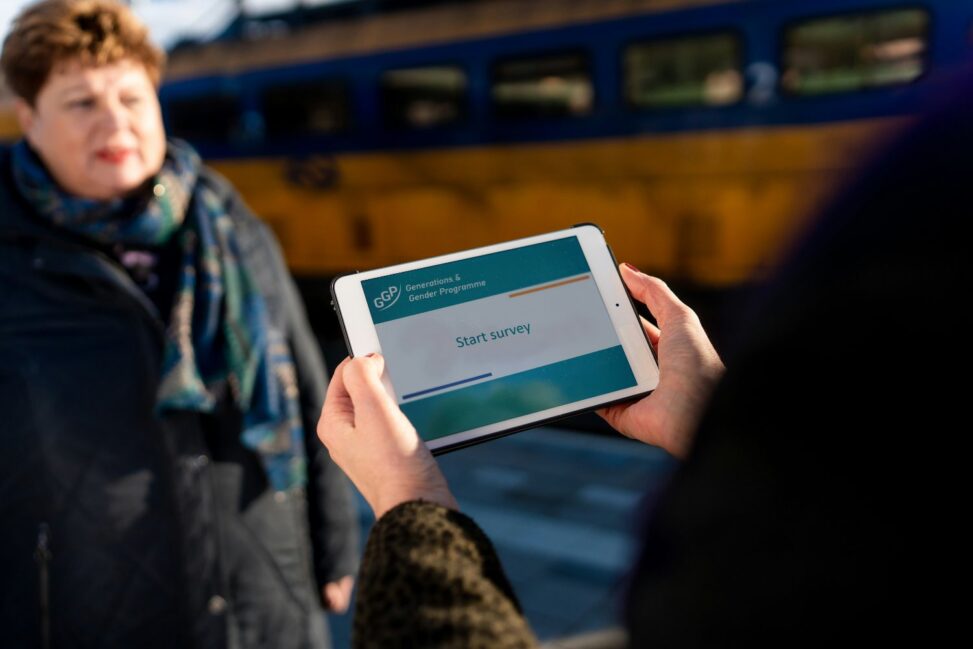The European Social Survey (ESS) is a world-leading research infrastructure headquartered at City St George’s, University of London.
Since its launch in the early 2000’s, the ESS has been committed to delivering high-quality, comparative social data across Europe.
Conducted every two years in approximately 30 countries, the ESS collects invaluable insights into public attitudes on topics ranging from democracy and governance to climate change, crime and social justice.
With its rigorous methodological standards and open-access data, the ESS has significantly contributed to academic research, policy formulation and public discourse.
In its continuous effort to advance survey methodologies and ensure sustainability, the ESS has sought and secured funding through Horizon Europe, which is one of the EU’s primary funding programmes for research and innovation.
Why Horizon Europe funding?
The ESS’s participation in European Commission framework programmes dates to its early years when funding was essential for establishing and developing the infrastructure.
The transition to European Research Infrastructure Consortium (ERIC) status in 2013 provided financial stability through national contributions to the core central costs. However Horizon Europe funding remains critical for enhancing survey methods, expanding outreach, and integrating social data into policy discussions.
One key driver behind ESS funding applications has been its commitment to help inform policy-relevant research. For example, the Infra4NextGen project, coordinated by the ESS, integrates data from multiple cross-national surveys to generate policy-relevant insights in five key European Commission areas:
digital
equal
green
healthy
strong societies
In addition, a recent project, SoGreen, focuses on societal aspects of the European Green Deal transition.
Such projects highlight the importance of Horizon Europe funding for both methodological innovation and practical policy impact. The international collaboration required for European Commission-funded projects is similar in organisation and scope to the ERIC structure. This ensures that we seek to work with the highest possible quality individuals and institutions from across Europe, often leaders in their specific field.
The value of ERIC status
A turning point for the ESS was the transition to ERIC status in 2013. Before this shift, the European Commission fully funded the survey’s coordination costs. ERIC status introduced a sustainable funding model where national ministries contributed to both local fieldwork and central coordination. This model has ensured long-term stability and fostered a sense of shared ownership among participating countries.
A key benefit of ERIC status is its financial predictability. Member countries commit to at least two rounds of the survey, taking four years, allowing for consistent planning and execution. In addition, the ERIC structure enhances governance, ensuring high standards in research practices and data collection.
Developing an international consortium
International collaboration has been fundamental to the ESS’s success. Over the past two decades, they have developed strong relationships with leading institutions in social science research. As a result, forming an international consortium for Horizon Europe projects has been relatively straightforward.
The ESS typically collaborates with its core scientific team and other research projects such as:
the European Values Study
Generations and Gender Programme
Consortium of European Social Science Data Archives
Survey of Health, Ageing and Retirement in Europe
These partnerships enhance the quality and reach of ESS’s research but also strategically involve partners with expertise in areas where additional knowledge is required. For example, in the Infra4NextGen project, King’s College London contributes by conducting qualitative interviews with young people, while the European Association of Geographers develops interactive maps to present data to younger audiences.
The ESS has also been collaborating with Integrated Carbon Observation System ERIC, adding survey data collection in a project focused on building carbon capture systems in European cities. Such collaborations not only enrich ESS’s projects but also foster cross-disciplinary innovation.


Leave a Reply